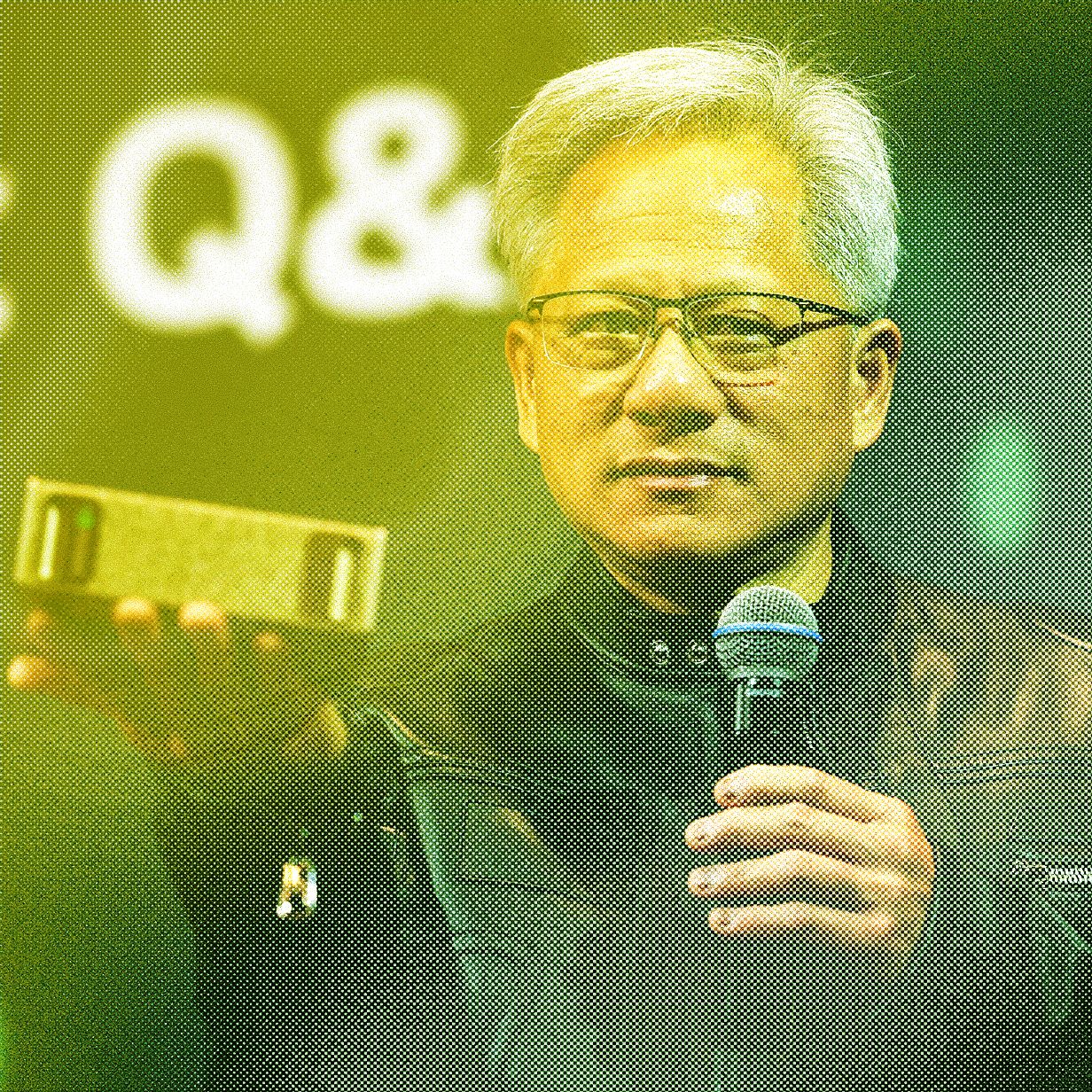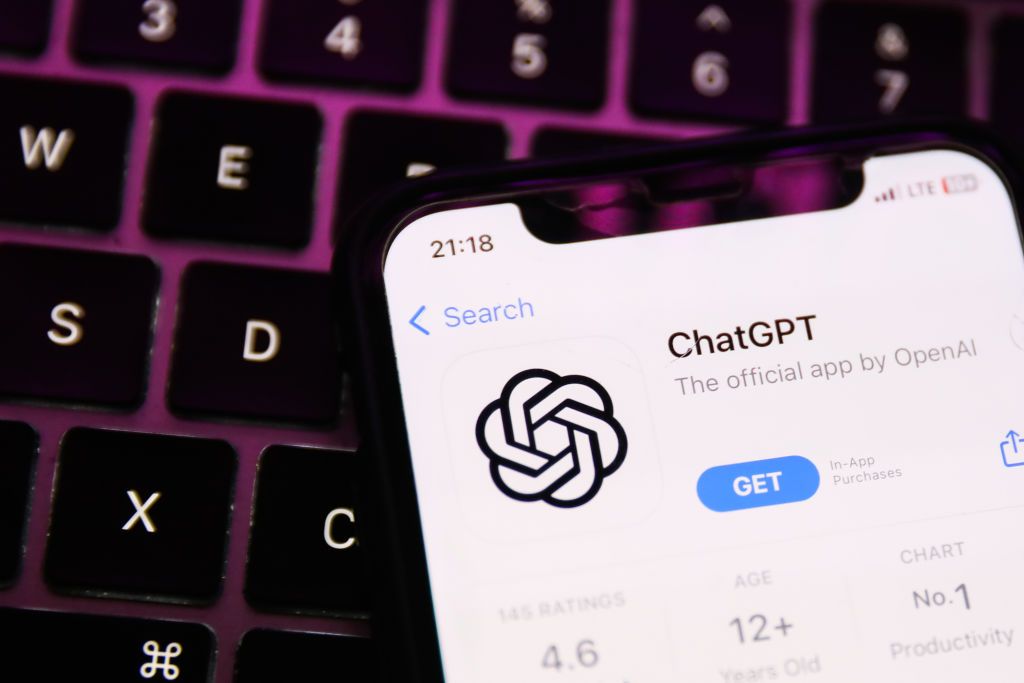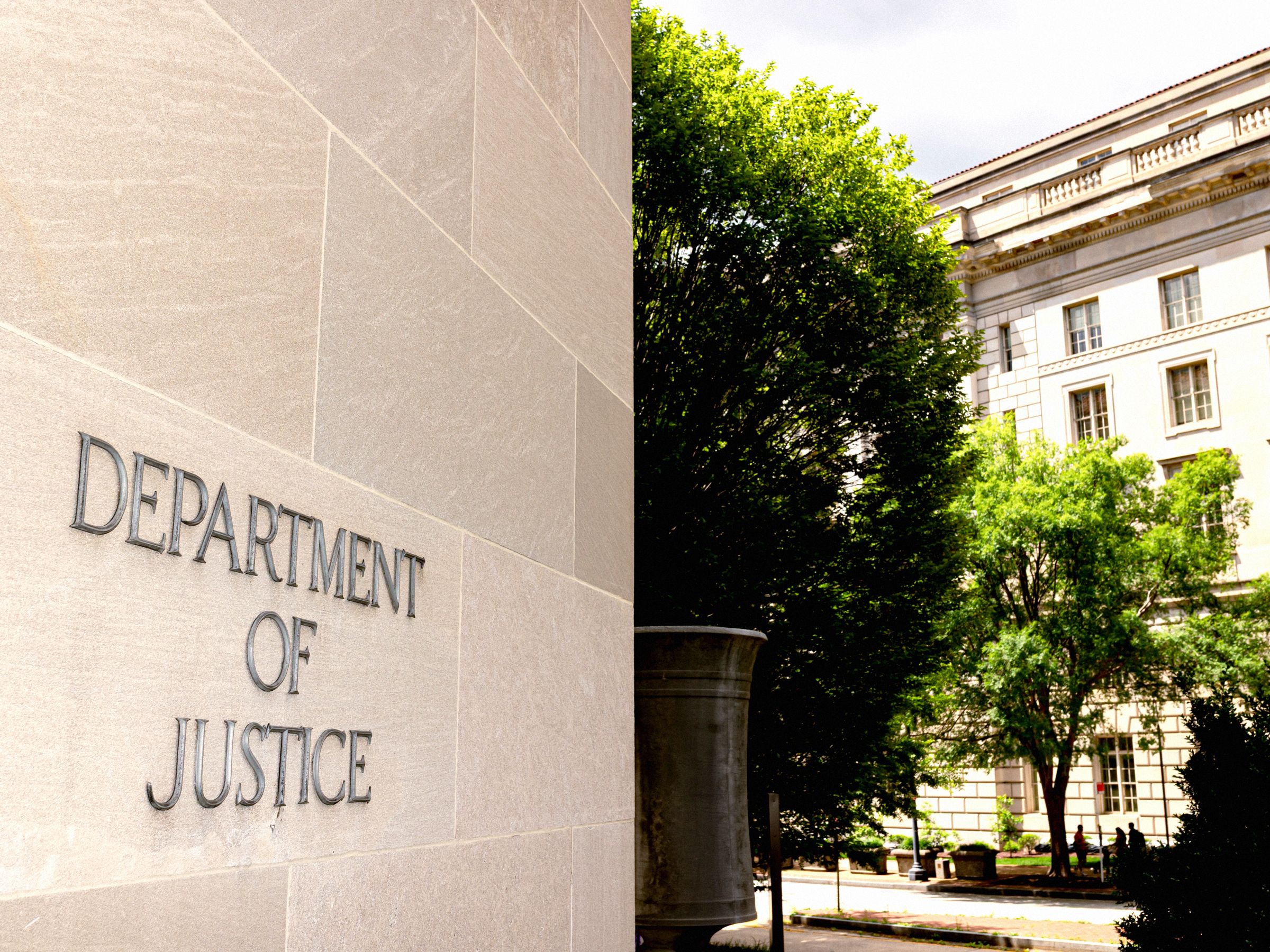AI Is Eliminating Jobs for Younger Workers
AI Is Eliminating Jobs for Younger Workers
Artificial Intelligence (AI) is rapidly changing the workforce landscape by automating tasks that were previously performed by humans. While…

AI Is Eliminating Jobs for Younger Workers
Artificial Intelligence (AI) is rapidly changing the workforce landscape by automating tasks that were previously performed by humans. While this automation has led to increased efficiency and productivity in many industries, it has also resulted in the elimination of jobs for younger workers.
Younger workers, who are often more tech-savvy and adaptable, are finding themselves increasingly replaced by AI algorithms and robots that can perform their duties faster and more accurately. This trend is most pronounced in industries such as manufacturing, retail, and customer service, where repetitive and predictable tasks are easily automated.
As a result, many younger workers are facing unemployment or underemployment as they struggle to compete with AI-powered machines. This has significant implications for the future of work, as younger workers may find it increasingly difficult to secure stable and well-paying jobs in industries that are being disrupted by AI.
Furthermore, the impact of AI on younger workers extends beyond just job loss. It can also lead to a widening wealth gap, as those who own and control AI technologies stand to benefit the most, while those who are displaced by AI find themselves at a significant disadvantage in the job market.
While the rise of AI may be inevitable, it is crucial for policymakers, businesses, and educators to take proactive steps to ensure that younger workers are not left behind in the age of automation. This may involve investing in retraining programs, promoting job creation in AI-resistant industries, and fostering a culture of lifelong learning and adaptability among younger workers.
In conclusion, AI is indeed eliminating jobs for younger workers, posing significant challenges to their economic security and future prospects. However, with the right strategies and support systems in place, it is possible to navigate the impact of AI on the workforce and ensure that younger workers are equipped to thrive in the digital age.




